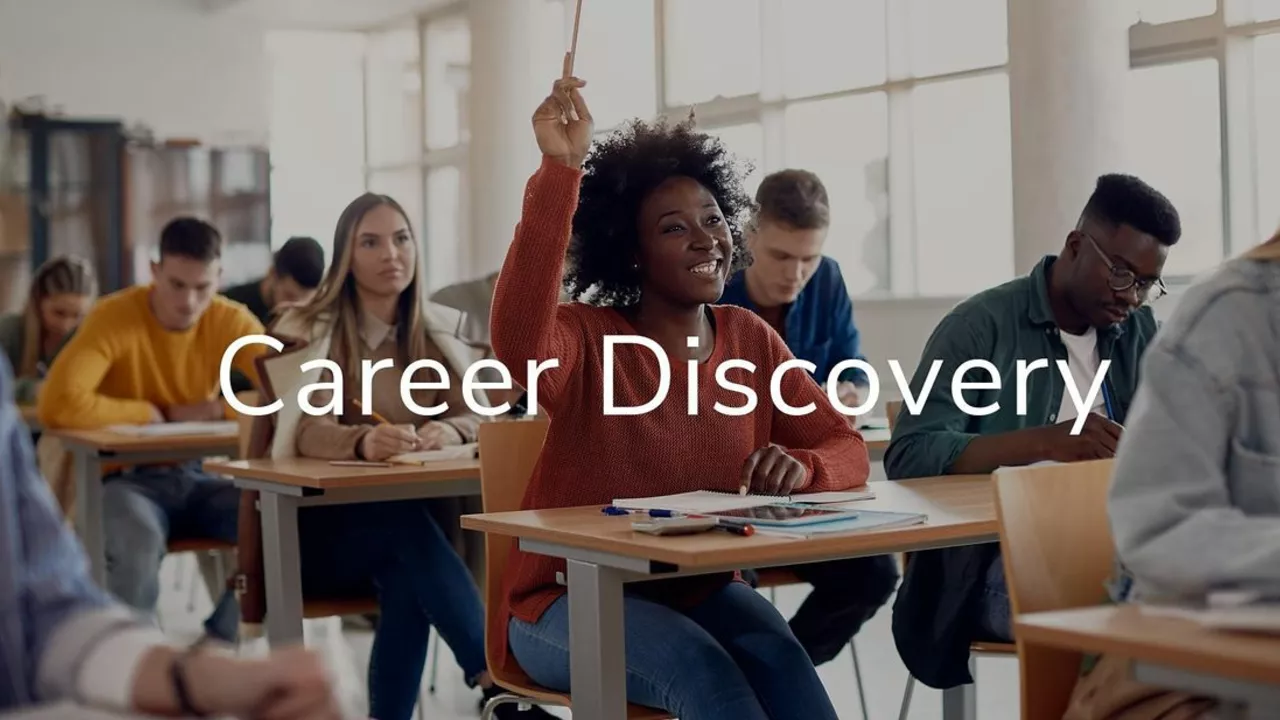The Evolution of Higher Education in the US
As we journey through the annals of education in the United States, we see a remarkable evolution. The US has always been at the forefront of higher education, leading the world in innovation and research. Higher education in the US has transformed over time, from the simple, traditional face-to-face classroom learning to the incorporation of technology, creating a more flexible and accessible environment. These changes have shaped the paths of millions of students, and continue to redefine the future of education.
Impact of Technology on Higher Education
One cannot discuss the future of higher education without acknowledging the significant role technology has played in its evolution. The advent of the internet and digital technologies has made education more accessible, flexible, and engaging. Digital platforms and tools such as e-books, virtual classrooms, online courses, and digital libraries have revolutionized the learning experience, breaking down geographical barriers, and fostering global collaboration and learning.
Role of Online Learning
Online learning is undeniably a game changer in higher education, particularly in the wake of the COVID-19 pandemic. With the shift to remote learning, online education has moved from being an option to a necessity. Online learning offers flexibility and convenience, enabling students to learn at their own pace and time. It also opens up opportunities for those who may not have been able to pursue higher education due to various constraints.
Integration of Artificial Intelligence
Artificial Intelligence (AI) is gradually making its way into higher education, promising to transform the learning experience. AI can facilitate personalized learning, providing content and resources tailored to the learner's needs. It can also automate administrative tasks, freeing up educators to focus more on teaching and mentoring. Moreover, AI can analyze data to provide insights on student performance and learning styles, helping educators improve their teaching strategies.
The Rise of Career-Focused Education
As the job market becomes more competitive, there's a growing demand for career-focused education. More and more students are opting for programs that equip them with specific skills and knowledge directly applicable in the job market. This trend is likely to continue, with institutions offering more career-oriented programs and incorporating real-world projects and internships in their curricula.
Increased Diversity and Inclusion
The future of higher education in the US is also marked by increased diversity and inclusion. Colleges and universities are striving to create more inclusive environments, acknowledging and celebrating diversity in all its forms. This includes efforts to attract and support students from diverse backgrounds, as well as initiatives to diversify faculty and staff.
Emphasis on Mental Health
There's a growing recognition of the importance of mental health in higher education. Colleges and universities are stepping up their efforts to support students' mental health, providing resources and services to help students cope with stress, anxiety, and other mental health issues. This focus on mental health is expected to intensify in the future, as institutions seek to create a supportive and caring environment for all students.
Greater Collaboration between Institutions
The future of higher education also foresees greater collaboration between institutions. Colleges and universities are increasingly partnering with each other, as well as with businesses and organizations, to enhance their offerings and provide more opportunities for students. These partnerships can take various forms, from joint programs and research initiatives to shared resources and exchange programs.
Enhanced Focus on Sustainability
As the world grapples with the challenges of climate change, higher education institutions are playing a key role in promoting sustainability. Many colleges and universities are implementing green initiatives, from sustainable campus operations to incorporating sustainability into their curricula. This focus on sustainability is likely to intensify in the future, as institutions seek to contribute to the global efforts to combat climate change.
Preparing for the Future
Looking ahead, the future of higher education in the US promises to be exciting and dynamic. As we continue to navigate the complexities of the 21st century, higher education institutions will need to adapt and innovate to meet the changing needs of students and society. This will require a commitment to continuous learning, experimentation, and collaboration. But with the right strategies and approaches, our institutions of higher education can continue to lead the way in shaping the future of education.
